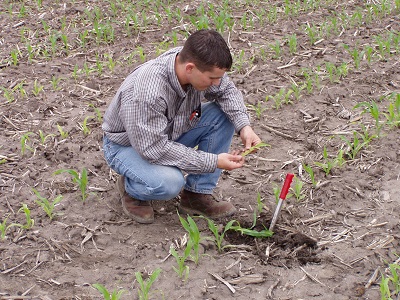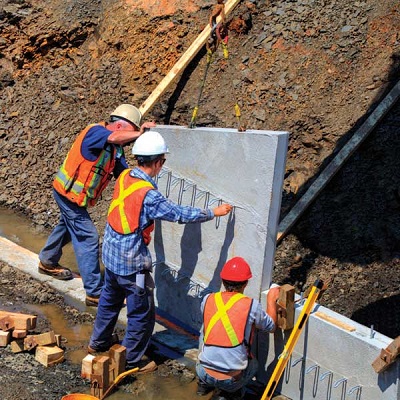SOIL AND PEOPLE
Take anything in your life and you can trace it back to soil. We could not survive without soils! While we are often not aware of it, soils really do directly or indirectly affect every part of our lives: from food, water and air availability and quality, to engineering implications to various essential ecosystem services, to influences on human cultures and careers. Soils produce our food: our crop plants are grown in soil, our livestock eat crops grown in soil, wildlife feeds on plants grown in soil, even fish eat plants, insects, etc, that at some point in their life-cycle were directly tied to soil.
The soil beneath my feet is important from several aspects; such as where should I build my home, from what will my house be made: brick or wood or adobe? From where does my water come? Underground aquifers or rivers, and how is it cleaned?
The jeans I am wearing are made from cotton, which started as a plant, but the plant gets its nourishment from the soil. The food that I eat may be an egg that came from a chicken. The chicken eats grain that was from a plant that grew in the soil. So soil is the origin of my life.
Humans need Soil
Soils have a role in food production, clothing, water and air quality, shelters and buildings, art, medicine, and various other parts of life.

For information on how soil is valueable to ecosystem functions, water and air quality, visit the Soils in the Environment page
More information on how soil scientists help with producing food and fiber with minimal environmental damage can be found on the Humans and Food page.
The Soils and Culture page has information on the values of soils to everyone, including music, art, and medicine.
But Humans Can Drastically Change and Harm the Soils

The Engineering and Urban Development section demonstrates the various ways that soils are changed to suit human needs.
Information on how humans can drastically change and harm soil, as well as how people can take action to save it is found on the Human-Soil Interaction page.



